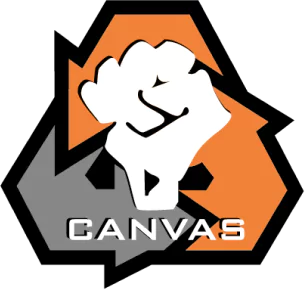Aug 11, 2009-2009
Israel
Stolen Beauty Boycott
Share
ACTIVISTS/ACT.GROUPS/DESCRIPTION OF THE GROUP
Code Pink
TARGET
Ahava Dead Sea Laboratories
WIDELY HELD BELIEF
Israel should not be occuping the West Bank settlement.
CASE NARRATIVE
Issue and Opponent: Ahava Dead Sea Laboratories is a cosmetics company based in Mitzpe Shalem in the Israeli-occupied West Bank. Ahava means “love” in Hebrew. The company’s products are made using mud and minerals from the nearby Dead Sea and sold in high-end stores in the United States and Europe. The West Bank was governed by Jordan from 1950 until the 1967 Six-Day War when Israeli occupation began. At first, there was little Palestinian resistance to the occupation. But throughout the late 1970s and early 1980s, Israel began an aggressive effort to establish settlements in the West Bank and take over land and businesses left by Palestinians who had fled the area. A plan to dissolve the Israeli military administration in the West Bank and gradually establish self-governance for the Palestinians was never realized and the area remains under Israeli occupation. The West Bank’s historical significance and three million Palestinian residents mean that it would likely form the heart of any future Palestinian state. Thus, while Ahava claims its products are made in Israel, they are produced on Palestinian land under illegal occupation. Activists accused Ahava of breaking the Fourth Geneva Convention by exploiting the natural resources of occupied land for profit.
Dilemma Action: In 2009, American activists from the feminist anti-war group CodePink decided to expose the reality of Ahava’s production. The CodePink activists launched the “Stolen Beauty” boycott of Ahava products to spread awareness about the occupation of the West Bank and to encourage individual-level change among consumers.
Outcomes: Boycotting the cosmetic brand’s products was one of the many actions the activist group launched against Ahava. In other actions, the activists wrote letters to Ahava retailers such as Macy’s and Nordstrom to ask them to stop selling the products and confronted actress Kristin Davis about her role as the face of Ahava despite the company’s unethical practices. They also sent letters to the Ahava headquarters objecting to the company’s location in the occupied West Bank. Many other bikini protests followed the first protest in Tel Aviv. In another action, CodePink activists gathered in protest at the Ahava store in the Hilton Hotel in Tel Aviv, Israel. Dozens of men and women assembled in the store and outside of the hotel to chant “no more occupation” and to hold signs that read “There is no love in occupation,” referencing the Hebrew meaning of Ahava. Many of the women dressed in bikinis during the protest and used mud to write “no Ahava” and “no love” on their bodies. Some activists also smeared dead sea mud on their faces and hands. CodePink activists described the Stolen Beauty boycott as their contribution to the larger Boycott, Divestment, and Sanctions (BDS) movement to pressure Israel to end its occupation of Palestinian land. By dressing in bikinis, covering themselves in mud, and protesting in the Ahava store, the CodePink activists drew attention to Ahava’s unethical practices and forced the company to respond. The 2009 bikini brigade at the Ahava store in the Tel Aviv Hilton Hotel succeeded in shutting down the store for an entire day. The action received coverage by Israeli evening news outlets and helped draw attention to Ahava’s presence in the occupied West Bank. Although this singular protest did not convince Ahava to change its practices, CodePink activists were emboldened by the attention it had drawn and went on to continue their fight against Ahava with many other similar actions at other Ahava stores and retail locations. The Stolen Beauty Boycott was eventually successful for the CodePink activists. In 2016, after seven years of pressure from activists, Ahava announced that it would move its main factory out of the West Bank.
PRIMARY STRUGGLE/GOAL
NONVIOLENT TACTICS USED
DA TACTICS USED
Consumers’ boycott
CASE NARRATIVE WRITER
SUCCESS METRICS
9 / 12
(CONC) Concessions were made
(MC) Media Coverage
(MSYMP) Media coverage was sympathetic to the activists
(OR) Opponent response
(PS) Dilemma action built sympathy with the public
(PUN) Punishment favored the activists
(REFR) Dilemma action reframed the narrative of the opponent
(RF) Dilemma action reduced fear and/or apathy among the activists
(SA) Dilemma action appealed to a broad segment of the public
PART OF A LARGER CAMPAIGN
3 / 3
Activist group continued working together after the action
Encouraged more participants to join the movement
Internally replicated by the same movement
RESOURCES
Project documentation
Dilemma Actions Coding Guidebook
Case study documentation
Dilemma_Actions_Analysis_Dataset
SOURCES
Code Pink Archive. “CODEPINK & the Boycott, Divestment and Sanctions Movement,” Retrieved July 22, 2023. (http://codepinkarchive.org/section.php@id=442.html).
Hallward, Maia Carter. “CodePink’s ‘Stolen Beauty’ Campaign: Creativity in Action.” In Transnational Activism and the Israeli-Palestinian Conflict. Retrieved July 22, 2023.
Janice, Arnold. 2009. “‘Buycott’ Triumphs Boycott of Israeli Cosmetics.” The Canadian Jewish News. Retrieved July 22, 2023.
Related cases
Jul 1, 2011-2011
Malawi
The UK had decided to indefinitely suspend aid to Malawi, resulting in the country experiencing worsening fuel shortages, rising prices, and high unemployment. This re...
/
Oct 1, 1989-1989
Germany
In the German Democratic Republic, commonly known as East Germany, ordinary people suffered from government repression and incompetence. East Germany was created after...
/
Dec 19, 2019-2019
India
Issue and Opposition: PM Modi and his party (BJP) are accused of being right-wing Hindu conservatives nurturing anti-Muslim sentiments and formulating anti-Muslim poli...
/
Subscribe to our newsletters to get full access to all materials on our website.

